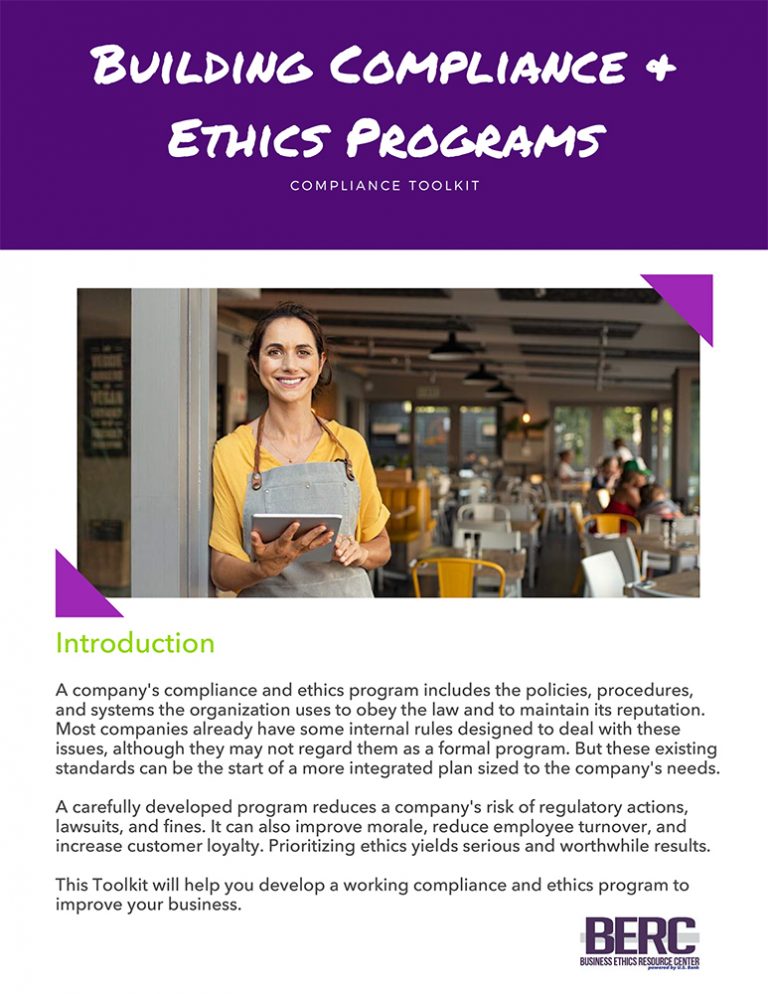While the marketplace is ever-evolving, the foundation of great work isn’t likely to change.
We were challenged to write about the future of work for this issue of TRUSTED. Talking about the future of anything is always complex and difficult and, in many cases, can be a useless exercise. Therefore, instead of trying to be specific, citing the work of scholars, or focusing on new shiny things, we decided to keep it simple and identify what is at the core of great workplaces that will likely remain the same no matter what changes — technological, social-cultural, political, and economic — happen in the future.
The topic of “great work,” as we call it, is deeply important to us. We have learned through our research — as well as through the work of many others — that contemporary better businesses value their people and behave differently when it comes to how they treat them. Better businesses are employee-focused; they provide a positive work environment and have engaged employees (Pessanha & Scott, 2016).
Overall, businesses that perceive themselves as highly trusted are more likely than others to focus on treating their employees well and to agree that how they treat their employees is directly connected to how successful they will be with customers (Honick, Pessanha, & Chng-Castor, 2017).
To better understand people’s expectations toward great work, we asked 2,000 adults in North America a simple open-ended question: What do you look for in an employer that will make you want to go to work every day? Our findings surprised us.

“And now here is my secret, a very simple secret: It is only with the heart that one can see rightly; what is essential is invisible to the eye.”- Antoine de Saint-Exupery in The Little Prince
START WITH CULTURE: A QUESTION OF VALUES
Through our poll, we found that, not including fair pay, people want to work for businesses that have built their cultures on principles including respect, honesty and integrity, fairness, flexibility, and appreciation.
Here’s what some of the respondents had to say:
Respect – “The environment is healthy, meaning respect and acceptance are there”; “Genuine respect”; “[The business] respects me as a fellow human being, pays a reasonable wage, and realizes that I do have a life independent of the job”; “Lets their employees’ opinions be heard and doesn’t micromanage — lets employees actually do their job”
Honesty and integrity – “Honesty, integrity, trust”; “Honesty, open discussion, and truthfulness in action”; “Honesty with employees and a commitment to doing business the right and proper way”; “Honesty, transparency, and integrity”
Fairness – “Practicing fairness”; “Supports fairness following guidelines”; “A sense of fairness”; “Fairness in the workplace”; “Fairness rules apply to all”
Flexibility – “Flexibility in nonessential rules, less strict dress code, good leadership in management roles, a drive for improvement in employees and managers, listening to employee input within reason”; “Flexibility of hours”; “Flexible atmosphere”; “Flexibility working with a competent team”
Appreciation – “Appreciation and acknowledgment of my hard work”; “Appreciation from supervisor”; “Appreciation of a job well done”
Employer-employee relationships, like customer-business relationships, are human relationships. Therefore, it is not surprising that people’s expectations toward great work — primarily the need for respect and honesty — are aligned with the factors that help build and advance trust in the broader marketplace. Being honest, for example, helps companies retain customers, even if something goes wrong (Pessanha, Phinn, & Chng-Castor, 2017).
Being honest is a foundational value for creating great workplaces. But where do we start? How do we build such values? How do we create cultures that incorporate these principles in practice? The answer is simple: with great people.
GREAT PEOPLE: CRITICAL FOR GREAT WORK
In his classic book Good to Great (2001), Jim Collins recommends that businesses should first think “who” (i.e., people) and then “what” (i.e., strategy and execution). He suggests that businesses that last longer focus on getting the right people “on the bus” and the wrong people off.
Predicting what is coming is difficult when facing uncertainty; thus, having employees who can adapt and succeed no matter what the future looks like is often the best strategy. Great employees make great companies: They light up a room and achieve more due to the respect and relation with their peers and those they meet.
Great companies and savvy leaders seem to know that people matter.
They understand that great employees are not only looking for fair pay and great benefits. Yes, they want those, but they are also looking for a great work environment and respect. Today’s and tomorrow’s workforces alike want to feel appreciated, to have work flexibility and honest supervisors, and, most of all, to work hard to share their ideas and be part of something greater than themselves.
Better businesses are never satisfied with good and are always looking for great. The truth is that we — and likely others — do not know how the future of work will be. But we do know that great work will be part of that future.
Great work is an ongoing quest that starts with practicing the foundational values we identified through our study. Getting the basics right is not easy; it takes time and patience. Becoming a better business requires a conscious choice and a leap of faith. We hope this article will inspire you to consider taking the first step of that journey.
REFERENCES
Collins, J. (2001). Good to great: Why some companies make the leap … and others don’t. New York, NY: Harper Business.
Honick, C., Pessanha, R., & Chng-Castor, A. (2017). 5 Gestures of Trust: A new framework to evaluate customer-business relationships. Retrieved from Better Business Bureau’s website: https://www.bbb.org/5Gestures
Pessanha, R., Phinn, N., & Chng-Castor, A. (2017). BBB Trust Sentiment Index. Retrieved from Better Business Bureau’s website: https://www.bbb.org/TrustIndex
Pessanha, R., & Scott, T. (2016, June 24). Good, better, best. TRUSTED. Retrieved from https://www.bbbtrusted.org/trends-insights/2016/06/good-better-best
By: Dr. Rubens Pessanha and Luis Melgar
This article was used with kind permission of the Better Business Bureau.


